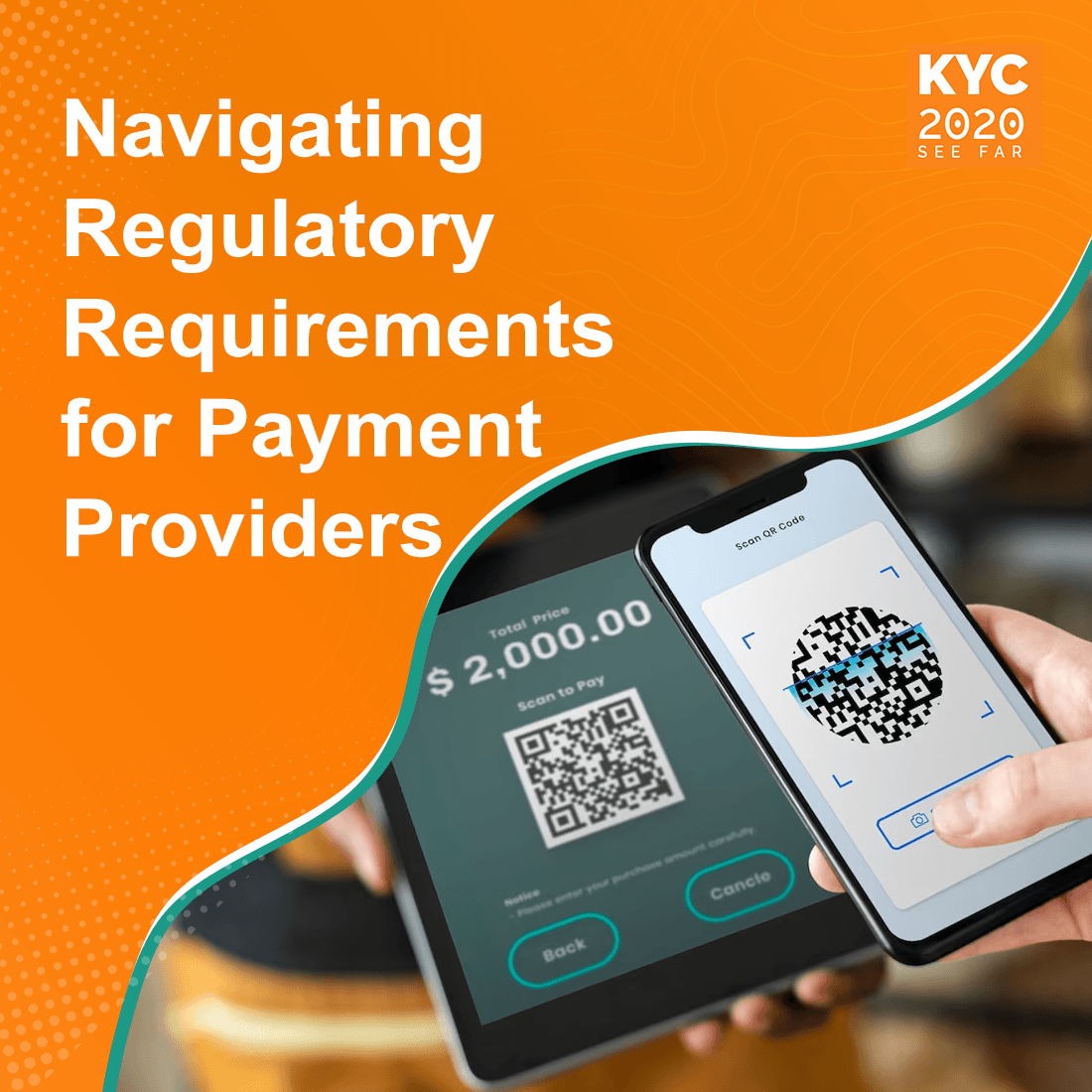Anti-Money Laundering (AML) compliance is an important element of any business and is a set of procedures and regulations designed to prevent money laundering and other illegal activities, but it can be particularly complex for financial institutions. Financial institutions must follow these guidelines in order to comply with federal law and protect their customers from fraud and abuse.
These procedures include customer due diligence, anti-fraud measures, transaction monitoring, internal controls, reporting requirements, and more.
Why is AML Compliance Important?
AML compliance is important because it helps protect financial institutions from being used as conduits for illegal activities such as money laundering or terrorist financing. Without proper AML compliance procedures in place, financial institutions could be unwittingly participating in activities that could put them at risk of prosecution or fines from regulators.
Furthermore, having strong AML compliance procedures in place can help protect customers from fraud and abuse by making sure their transactions are monitored and reported when necessary.
One of the main reasons why businesses should comply with AML regulations is to protect themselves from legal penalties. Noncompliance can result in hefty fines or even jail time for those involved.
Furthermore, companies that fail to comply may also face reputational damage if they are found guilty of not adhering to the regulations put in place by the government.
How does Compliance build Brand Loyalty?
A key feature of AML compliance is the assurance that customer information is kept secure and private, which helps to build customer confidence in a company’s services. Customers will feel more comfortable knowing that their data is safe and secure with a compliant business andthis increased confidence can lead to greater customer loyalty, which could benefit a business in the long run.
Another benefit of complying with AML regulations is that it can help enhance a company’s brand reputation. By demonstrating its commitment to protecting customers’ financial data, a business can increase its visibility and gain trust among potential customers.
This can be especially beneficial for new businesses looking to establish themselves in the marketplace quickly and efficiently without having to worry about damaging their reputation due to noncompliance with laws or regulations.
Security measures and combatting Financial Crime
By adhering to AML laws, companies are able to strengthen their internal security processes as well as their customer protection policies and practices. This improved security helps protect against potential fraud or money laundering activities while also enhancing overall efficiency within the organization itself by streamlining processes and procedures related to customer data handling or transactions tracking.
When companies follow AML regulations properly, they are contributing towards fighting financial crime such as money laundering or terrorism financing on a larger scale—not just within their own operations but also across the industry as a whole.
This helps create an environment where illegal activities become far less attractive for criminals who may be targeting legitimate businesses for nefarious purposes instead of taking advantage of loopholes or weak enforcement measures imposed by other organizations or countries worldwide .
How Can Financial Institutions Ensure They Are Compliant?
Financial institutions can ensure they are compliant with AML regulations by implementing a robust compliance program based on the principles outlined by FinCEN (the U.S. Treasury Department’s Financial Crimes Enforcement Network). This includes detailed customer due diligence processes, anti-fraud measures, transaction monitoring systems, internal controls, reporting requirements, etc.
Additionally, banks should regularly review their internal policies and procedures to make sure they are up to date with any changes in regulation or best practices within the industry.
Ensuring your financial institution is compliant with all applicable Anti-Money Laundering (AML) regulations is essential for protecting your business from legal action or fines from regulators.
By implementing a comprehensive compliance program based on FinCEN guidelines and regularly reviewing your policies and procedures you can ensure that your institution remains compliant with current regulations while also protecting customers from fraud and abuse.
Investing in quality AML compliance solutions now can save you time and money later down the line—so don’t wait! Start building out your AML Compliance program today!
How can KYC2020 help you?
KYC2020 aims to make compliance easy and accessible for organizations of all sizes. Our customizable plans offer on figurable solutions, tailored to your business model at the most affordable price across the industry.
We are an all-in-one platform, where our premier product DecisionIQ™ works with your risk-based approach to deliver actionable sanction screening decisions allowing you to screen against 1000’s of news sources and over 1500 Sanction, PEP and Regulatory watchlists to get a screening decisions backed by verifiable and transparent “proof of decision”. Speed up client onboarding and reduce your overall cost of compliance with DecisionIQ.








